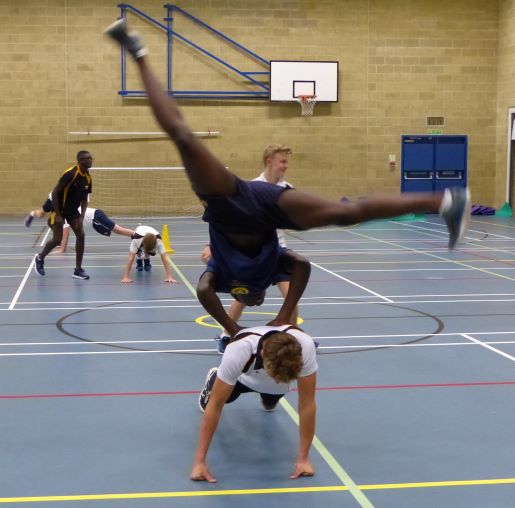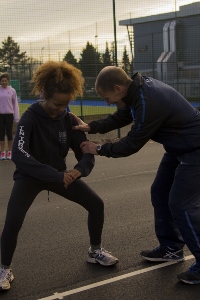Posts Tagged ‘coaching courses’
New Course for sports coaches
Gymnastics for sport Over the past 5 or so years, I have been running Movement workshops for sports coaches and p.e. teachers. The participants have enjoyed learning how to teach movement and basic gymnastics that they can then share with their players and pupils. Players who are stronger, more agile and more adaptable can pick…
Read MoreFour takeaways from GAIN 2019
‘Make GAIN 2019 a personal audit’ were the opening remarks from Vern Gambetta at the GAIN conference in Houston last week. He set out a vision for the conference that I took to heart. What are you currently doing? What do you want/need to do? Gap analysis: what is necessary to close the gap? I…
Read More5 tips on how to get started in S&C Coaching
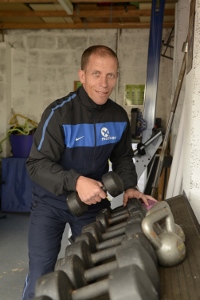 I am constantly asked on the best ways to get started in S&C Coaching. This post will helpfully answer most queries.
I am constantly asked on the best ways to get started in S&C Coaching. This post will helpfully answer most queries.
Understand what it is to be a Coach first.
The discipline in which you Coach is of secondary importance to your ability to Coach.
Read More10 questions you should ask before training
“What should I be asking to get the information I need?”
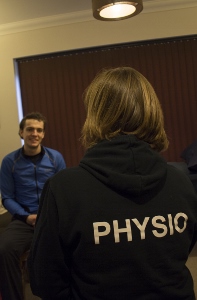 This excellent question came from Mark, one of the coaches on our last CPD workshop in Devon. You have a blank sheet of paper, you have a new group of athletes: where do you start?
This excellent question came from Mark, one of the coaches on our last CPD workshop in Devon. You have a blank sheet of paper, you have a new group of athletes: where do you start?
Here are 10 questions you might want to ask (in no particular order).
Read MoreHow to acquire skill in strength and conditioning
“Skill learning isn’t just skill learning, it’s preparation”
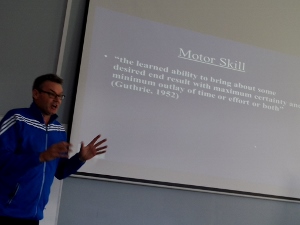 John Brierley in his skill acquisition lecture on our level 3 coaching strength and conditioning for sport course.
John Brierley in his skill acquisition lecture on our level 3 coaching strength and conditioning for sport course.
Ever see the 5 sets of 5 programme for squats, power cleans and bench press? Dull as dishwater!
Read MoreCoach Development Workshop: John Brierley
Last week I was lucky enough to attend a workshop at Exeter University led by John Brierley . This was part of the Transformational Coaching programme organised by Paula Jardine and led by Wayne Roberts.
John has a massive range of experience, including being the Team Leader of Athletics at the Commonwealth Games in Delhi, and fitness consultant to Birmingham City FC for 4 years.
Read More
